When planning a ski trip to the French Alps, Val Thorens and Courchevel often top the list. Both are part of Les Trois Vallées, the largest ski area in the world, but each has its own distinct vibe, terrain, and offerings. This guide will help you decide which resort suits your preferences by breaking down their differences and highlighting their best features.
Comparing Val Thorens and Courchevel
| Feature | Val Thorens | Courchevel |
|---|---|---|
| Altitude | 2,300m (highest in Europe) | 1,300m – 1,850m (varies by village) |
| Terrain | Snow-sure, great for intermediates | Wide variety, ideal for all levels |
| Off-Piste/Backcountry | Extensive, high-altitude routes | Diverse options, tree-lined runs |
| Cost | More affordable | Luxury-focused, expensive |
| Après-Ski | Lively, younger crowd | Sophisticated, upscale venues |
| Popular Restaurants | La Folie Douce, Chez Pépé Nicolas | Le Chabichou, La Table de Mon Grand-Père |
| Family-Friendly | Moderate | Excellent |
| Scenery | Dramatic, high-altitude views | Scenic, forested slopes |
| Access | Longer travel time | Easy access from major airports |
| Ski-In/Ski-Out | Extensive | Excellent in some areas |
Best Features of Each Resort
Val Thorens
Val Thorens is renowned for its high altitude, guaranteeing some of the best snow conditions in Europe. With slopes ranging from beginner-friendly to expert-level, it’s a haven for intermediate skiers and snowboarders. The resort has a modern, purpose-built feel, making it easy to navigate with plenty of ski-in/ski-out accommodations.
Val Thorens offers an energetic atmosphere, attracting a younger crowd, including university students and young professionals. Its off-piste and backcountry opportunities are vast, with high-altitude routes such as the Cime de Caron and Glacier du Borgne providing pristine powder fields. Costs are relatively affordable compared to Courchevel, with budget-friendly lift passes and accommodations. Its legendary après-ski scene, featuring La Folie Douce and Bar 360, provides live music and a lively party vibe.
For families, Val Thorens also provides excellent ski schools, making it a good choice for those traveling with children. Additionally, the snowpark is a favorite for freestyle enthusiasts, offering jumps, rails, and boardercross courses.
Courchevel
Courchevel is synonymous with luxury, offering a refined ski experience. The resort’s villages, including the glamorous Courchevel 1850, provide a variety of terrain ideal for skiers of all levels. Tree-lined slopes and stunning alpine views enhance the overall experience.
Courchevel attracts a wealthier, more sophisticated crowd, making it popular among families and those seeking a high-end ski vacation. Its off-piste routes, including the Grand Couloir and tree-lined descents, offer varied and technical challenges. The resort’s lower altitude makes it a haven for tree-skiing during storms. However, Courchevel is significantly more expensive, with high-end chalets and Michelin-starred dining options. For après-ski, venues such as Bar Les Airelles provide cozy yet elegant settings, while Les Caves nightclub offers an upscale nightlife experience.
Courchevel also boasts world-class spa facilities and exclusive shopping, including designer boutiques like Louis Vuitton and Chanel, making it a destination for those seeking relaxation and luxury beyond the slopes.
Off-Piste and Backcountry Comparison
Both resorts offer incredible off-piste and backcountry experiences, but the terrain and conditions vary. Val Thorens’ higher altitude provides longer descents and better snow quality, with adrenaline-pumping areas such as the Glacier de Thorens and Lac du Lou. Courchevel, on the other hand, has a mix of technical couloirs and forested areas. The Grand Couloir, one of Europe’s steepest marked runs, stands out as a must-try for experienced skiers. During snowstorms, Courchevel’s lower-altitude tree runs offer better visibility and protection from harsh weather.
Cost Comparison
Courchevel is one of the most luxurious ski destinations, with premium chalets, designer boutiques, and high-end dining options. During my stay, I opted for an apartment, which provided flexibility and significantly reduced costs by allowing me to bring groceries since I was driving. This approach helped save on dining expenses without compromising the overall experience. Lift passes and accommodations in Courchevel vary, but staying in lower villages like Courchevel 1550 can offer more budget-friendly options.
Verbier, on the other hand, provides a mix of luxury and mid-range accommodations. This range makes it accessible to various budgets, from upscale hotels to more affordable self-catering options. While dining and nightlife can lean toward the pricey side, Verbier offers plenty of casual restaurants, and its lift passes are moderately priced compared to Courchevel.
| Feature | Courchevel (EUR) | Val Thorens (EUR) |
|---|---|---|
| Room per Night (Mid-range) | 200 | 120 |
| Room per Night (Luxury) | 1000 | 400 |
| Beer (0.5L) | 8 | 6 |
| Cocktail | 15 | 10 |
| Standard Meal | 35 | 25 |
Après-Ski Options
The après-ski scene in Val Thorens is a major draw for younger visitors. Popular spots like La Folie Douce offer wild parties on the slopes, while Bar 360 provides an outdoor terrace with live music. Malaysia nightclub is perfect for those wanting to party into the early hours.
Courchevel’s après-ski is more refined, with Le Tremplin’s terrace being a great spot for a relaxed glass of wine. For those seeking upscale nightlife, Les Caves nightclub caters to an elegant crowd.
Popular Restaurants
Val Thorens offers lively and charming dining options, including La Folie Douce, known for its vibrant atmosphere and food, and Chez Pépé Nicolas, which serves delicious Savoyard specialties in a rustic setting.
In Courchevel, you’ll find Michelin-starred restaurants such as Le Chabichou, offering refined French cuisine, and La Table de Mon Grand-Père, a cozy spot serving local dishes.
Skiing Between the Resorts
One of the best aspects of Les Trois Vallées is the ability to ski between its interconnected resorts, including Val Thorens and Courchevel. The two resorts are approximately 20 kilometers apart, which takes about an hour to ski depending on your route and skill level. Both offer access to a vast network of lifts and runs, allowing you to explore the region and enjoy the unique characteristics of each resort in a single day.
What happens if you miss the lift back to your resort?
Traveling by taxi between Courchevel and Val Thorens covers approximately 55 kilometers and typically takes around 57 minutes, with fares ranging from €85 to €110. It’s important to note that taxi availability can be limited, especially during peak ski season.
Several services operate in the area, including:
- Courchevel Taxi: Offers transfers to various ski resorts, including Val Thorens. Transport Courchevel Taxi
- 3 Vallées Taxi: Provides transportation services across the 3 Vallées region. 3 Vallées Taxi
- Taxi Val Thorens: Specializes in transfers to and from Val Thorens. Taxi Val Thorens
By arranging transportation ahead of time, you can avoid potential delays and enjoy a more relaxed transfer between these two renowned ski destinations.
Final Thoughts
Val Thorens and Courchevel both offer world-class skiing but cater to different preferences and budgets. Val Thorens is perfect for those seeking high-altitude adventure and lively après-ski, while Courchevel provides a more refined experience with luxurious amenities and scenic tree-lined runs. Whether you choose one or decide to ski between them, you’re in for an unforgettable alpine getaway.


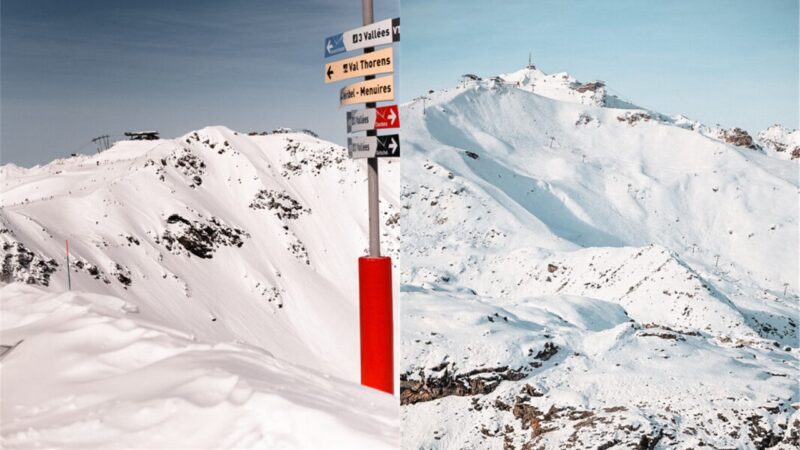
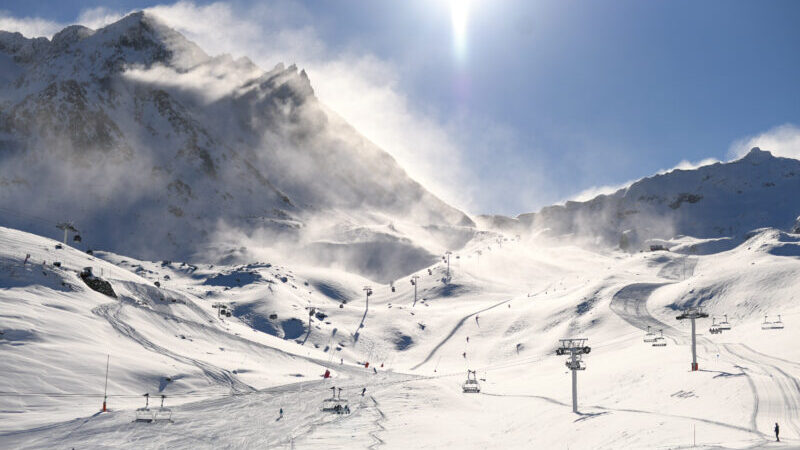
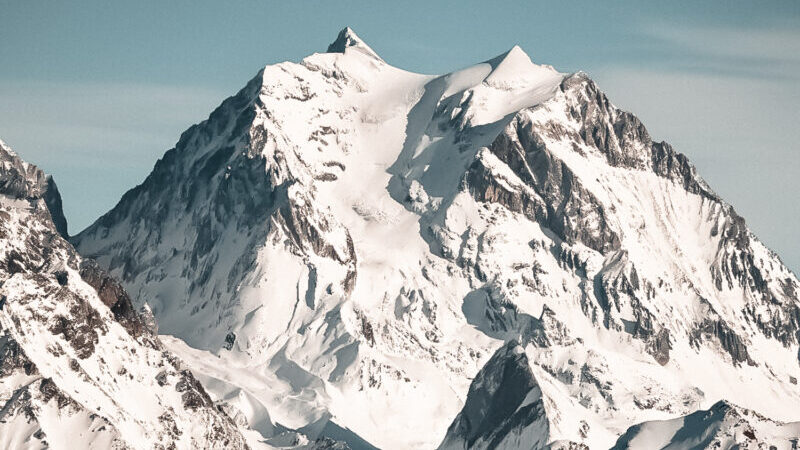
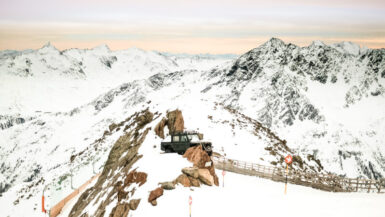
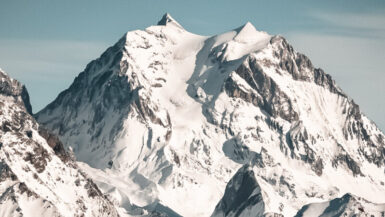
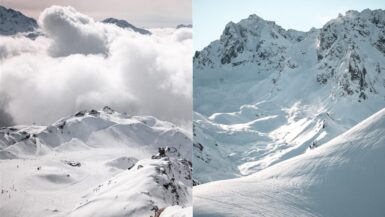
Leave a reply